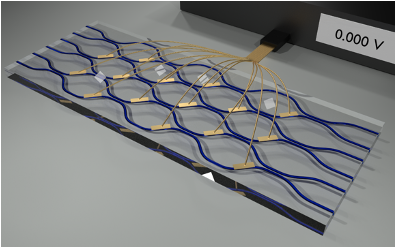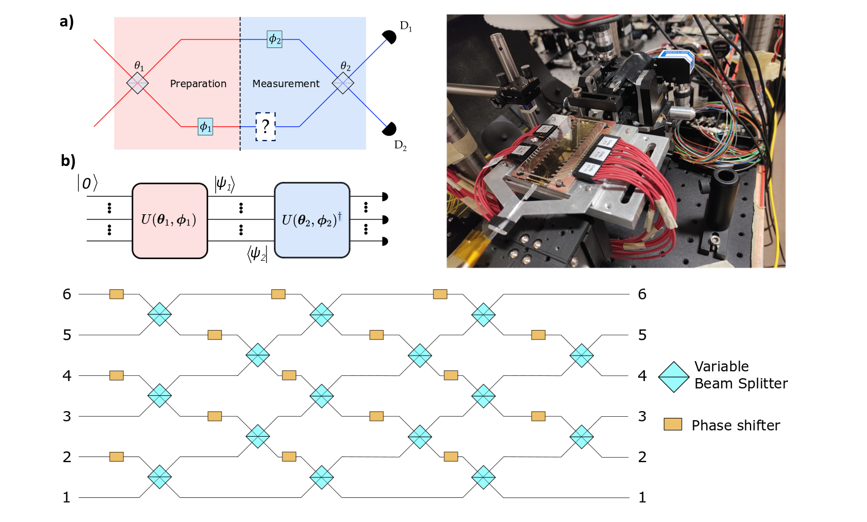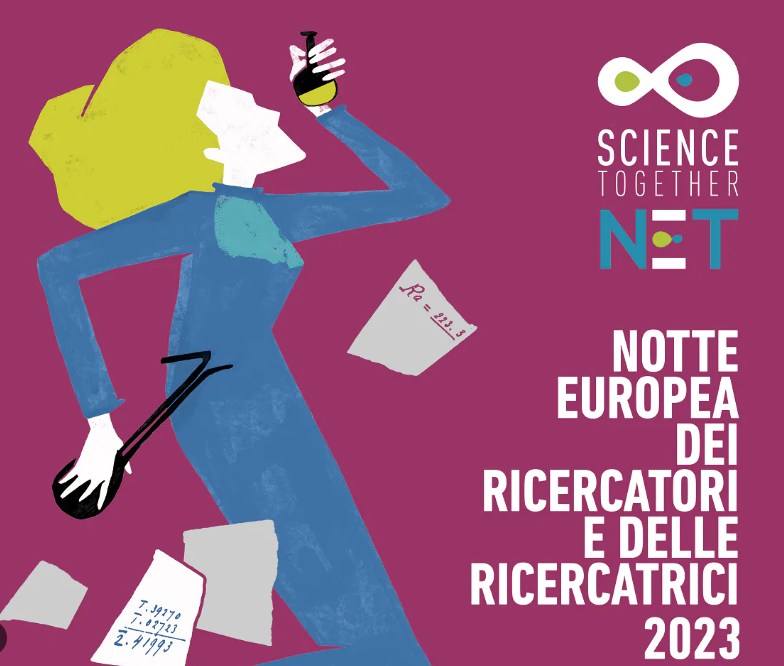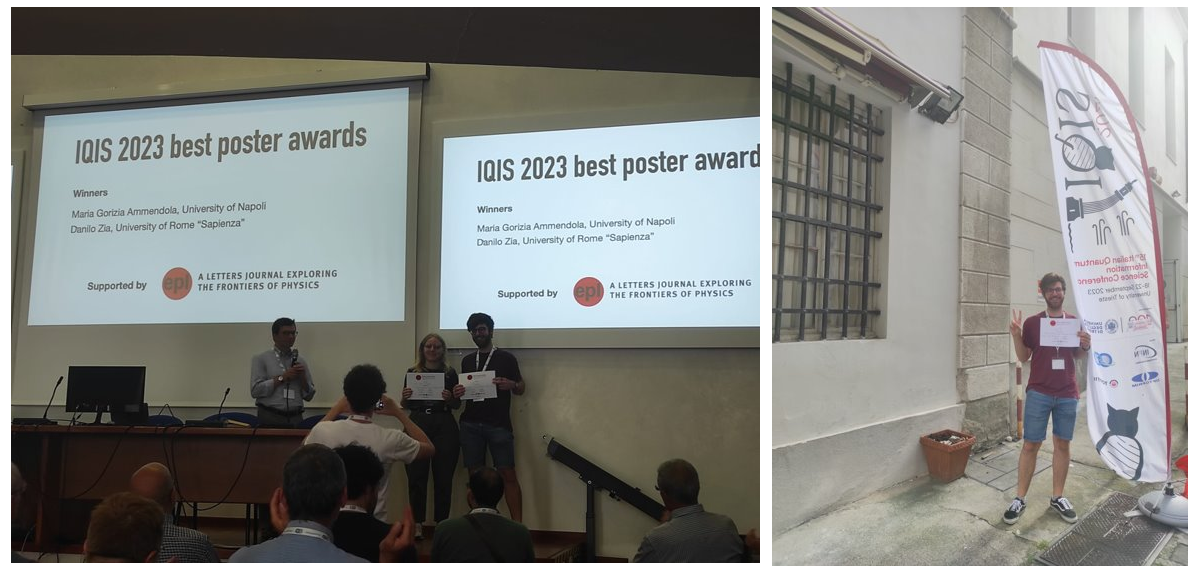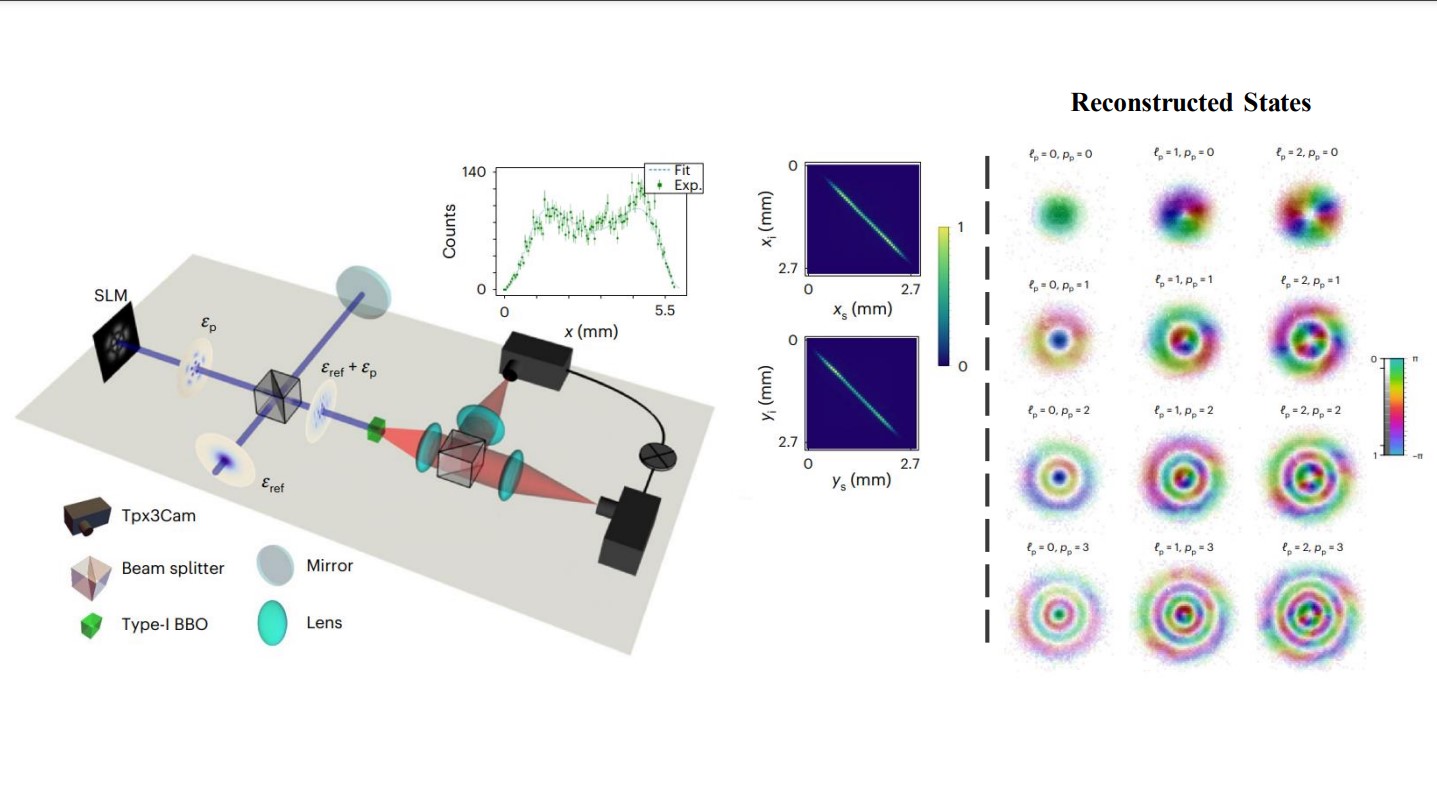Un cloud quantistico sicuro: da oggi è possibile proteggere la privacy di gruppi di utenti che effettuano calcoli contemporaneamente su server distanti
Un gruppo di ricerca internazionale ha ideato e dimostrato che è possibile effettuare calcoli da remoto su processori quantistici mantenendo intatta la privacy di tutti gli utenti coinvolti. I risultati dell’esperimento, condotto presso il Quantum Lab dell’Università Sapienza di Roma, sono stati pubblicati sulla rivista Nature Communications e costituiscono un passo in avanti fondamentale verso … Continua a leggere




